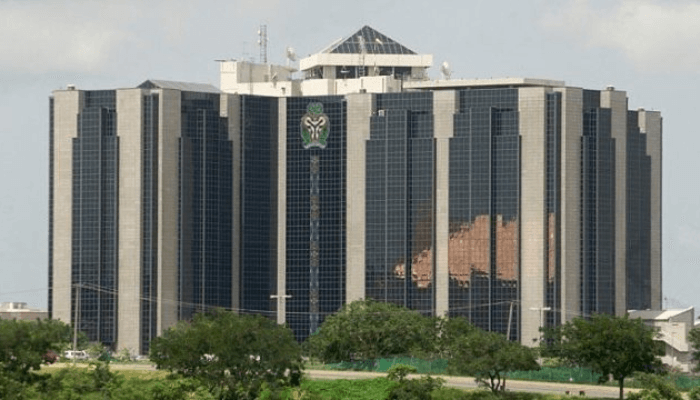…Want improved export earnings
Analysts are divided on the possible impact of the Central Bank of Nigeria (CBN)’s recently created special account, which is targeted at ensuring transparency in the management of Afreximbank’s $3.3 billion facility and other funds meant to stabilise the forex market.
Paul Alaje, a senior economist and partner at SPM Professionals, speaking on the development, told BusinessDay that the account might not make much impact.
He said that every strategy of the government to boost the economy must be able to ensure a sustainable and continuous inflow of foreign exchange into the country.
Read also: World Bank to CBN: Interest rates hike not enough to tame inflation
According to him, there is a need for the government to deliberately make plans on how to attract the remittances from Nigerians in the diaspora by ensuring that up to 5-10 per cent of their earnings are sent back into the country.
“We saw many Nigerians leave the country and are still leaving, we should strategize on how attractive this diaspora remittances. They can send up to 5- 10 percent of their earnings back into the country. That is one strategy.
“Another thing is that we need to start looking for ways to shore up our exports, we need to improve our exports to boost our foreign exchange earnings. We can also borrow to support the reserves but it is not sustainable we cannot do that for a long time.
“Until we start earning substantial foreign exchange, this strategy may not be sustainable, ” he said.
The World Bank last Thursday announced that it has finally approved a cumulative amount of $2.25 billion package for immediate financial and technical support to Nigeria’s urgent efforts to stabilise the economy and scale up support to the poor and most economically at risk.
The approval was for a $1.5 billion for the Nigeria Reforms for Economic Stabilization to Enable Transformation (RESET) Development Policy Financing Program (DPF) and some $750 million for the Nigeria Accelerating Resource Mobilization Reforms (ARMOR) Program-for-Results (PforR).
Wale Edun, minister of finance and coordinating minister of the economy had called the facility a mere grant which offers a 40-year term with 10 years moratorium at a one percent interest rate.
Speaking to BusinessDay, Muda Yusuf, the chief executive officer, the Centre for the Promotion of Private (CPPE), said that the development is a short-term measure needed to fix the instability in the nation’s economy.
According to him, Nigeria needs both the short-, medium- and long-term measures to address the economic woes currently being experienced in the country.
“So, what we are seeing now is a short-term measure because the economic situation right now is bad, so this is a short-term measure to minimise the shock and instability in the economy.
Read also: CBN reassures heritage bank customers, others of safety of bank deposits
“It is necessary to have these measures in place in the long term. The government will be looking at how to ramp up crude oil production to increase foreign exchange earnings.
“Also, the management of these foreign earnings must be in a transparent manner because the NNPC is expected to remit its revenue to the federal account, which has not been done for some time now. The Federal Accounts Allocation Committee will be on the lookout for this remittance. So, ensuring transparent management of the funds is very important,” he said.
Earlier in the month, Afreximbank equally announced that it had released an additional $925 million for Nigeria’s oil-backed prepayment facility under the Project Gazelle Funding deal originally sponsored by the Nigerian National Petroleum Company Limited (NNPCL).
That disbursement brought the total amount funded under the syndicated $3.3 billion prepayment facility to $3.175 billion –
The Central Bank of Nigeria (CBN) has refocused on its core mandate of price stability and is tightening monetary policy including by increasing interest rates, to reduce inflation.
It has also resumed dollar sales to the Bureau De Change operators who say seasonal demand for the greenback was exacerbating exchange rate pressures despite those interventions.
CBN governor, Olayemi Cardoso, had in March said he sees inflationary pressures moderate in the next two months (meaning May) and come down significantly by the end of the year.
His optimism was based on those bullish tightening measures by the apex bank coupled with the ongoing steps by the fiscal authorities to address food insecurity and tame surging consumer prices.
However, inflation surged further to 33.95 percent in May, as both prices of food and non-food items soared, according to recent data from the National Bureau of Statistics (NBS).
“On a year-on-year basis, the headline inflation rate was 11.54 percent points higher compared to the rate recorded in May 2023, which was 22.41 percent,” NBS noted in the CPI report.
>>> Read full article>>>
Copyright for syndicated content belongs to the linked Source : Businessday.ng – https://businessday.ng/news/article/experts-divided-on-cbns-special-account-impact/
